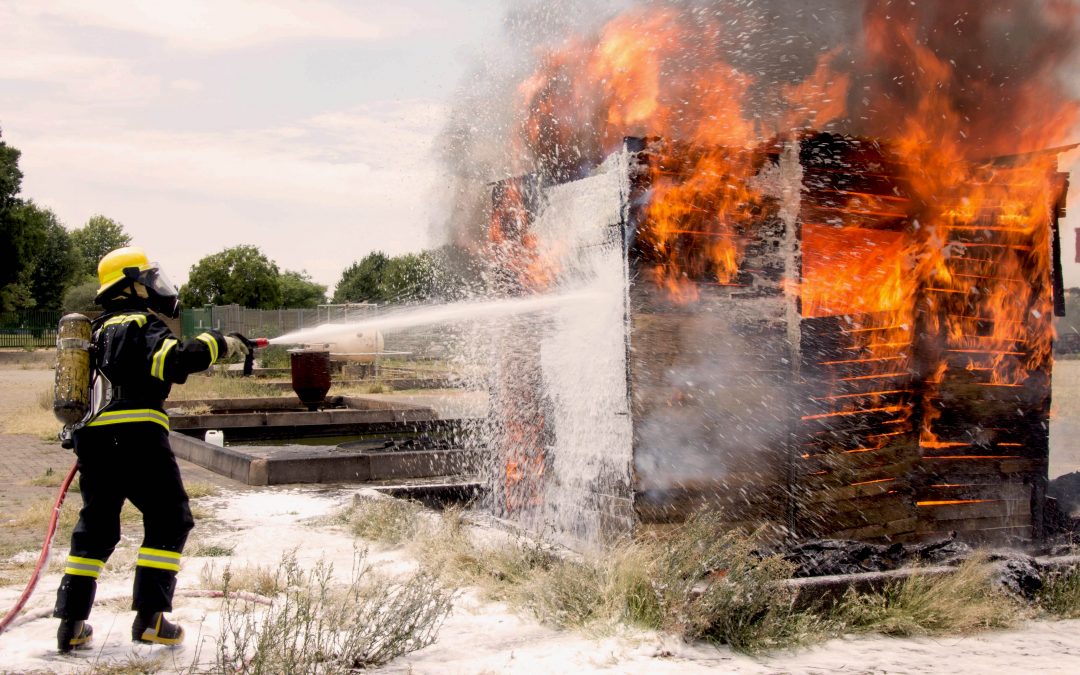Written by Byron Atcheson
As defined by Webster, preparedness is the state of readiness and the actions that need to be taken in the event of a disaster.
Would you decide to drive across the country for a family vacation without knowing where you wanted to spend it? Would you go without knowing how to get there, how much money to bring, where to stop and eat, or what type clothing you should pack? Probably not. Most people would start with a simple plan – maybe just the destination and when to go. The details on how you would make the trip happen would then be the meat of the plan, where you cover what to pack and what to do once you get there. Or you could be like me and most other guys and leave the planning up to your spouse and be happy with whatever they decide is best for the family.
If you take that framework for planning and apply it to disasters instead of vacations, you will find most people don’t think about what they should do. What happens if you are suddenly removed from your place of residence or you have to hunker down for an extended period of time? What would you do? How would you ensure survival? One phrase: Preparedness Planning.
As we have seen from the latest hurricanes, earthquakes, floods, and fires, catastrophic events can and do happen with little warning, and they can alter even the best of plans. But, with proper planning, we can at least give ourselves a fighting chance. This is not about being one of those so-called “Preppers,” and it’s not about “Pride.” Pride evaporates quickly when your safety is in danger. How do you assure your family that everything will be okay? The first step is to get your family on the same page and “Prepare to plan.” Prepare for the unexpected, plan for the worst, and have a clear idea of the steps you would take in a worst-case scenario.
